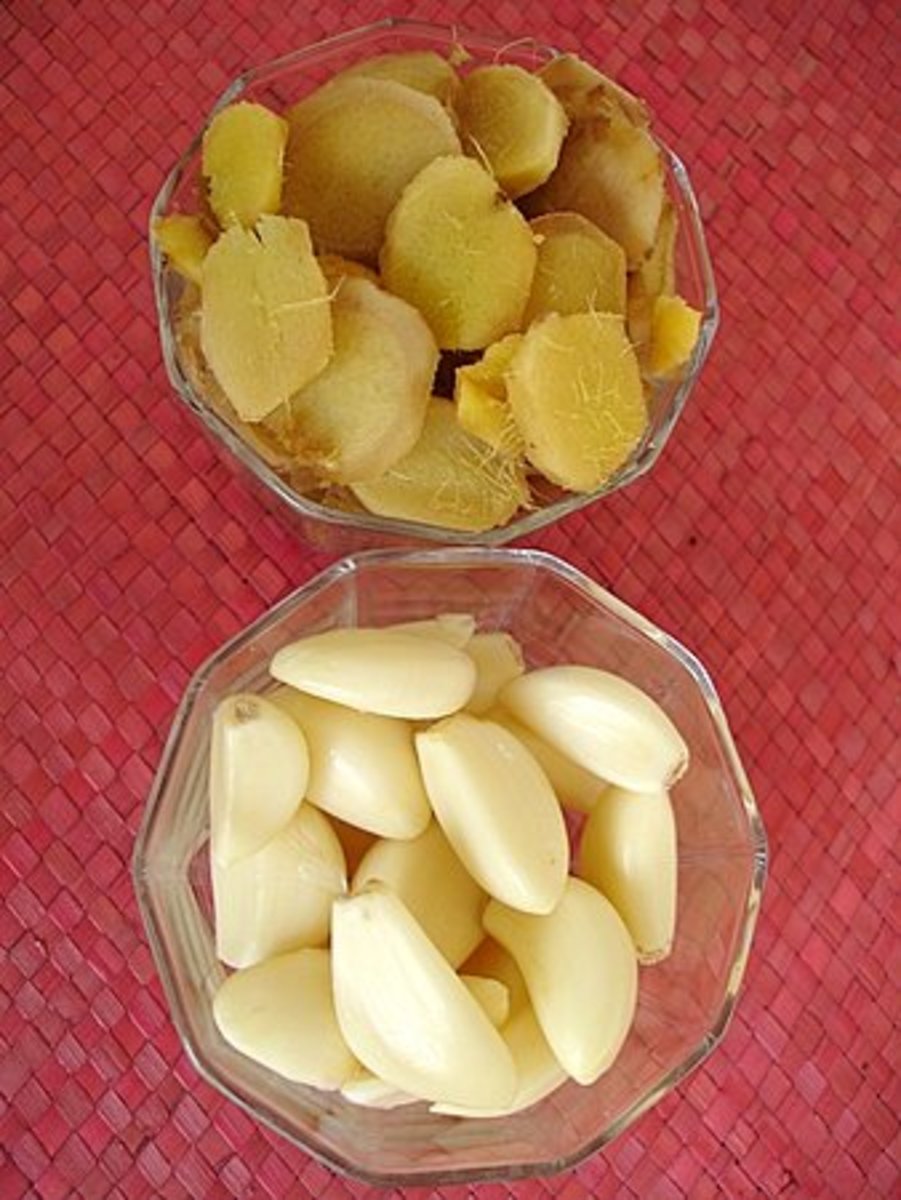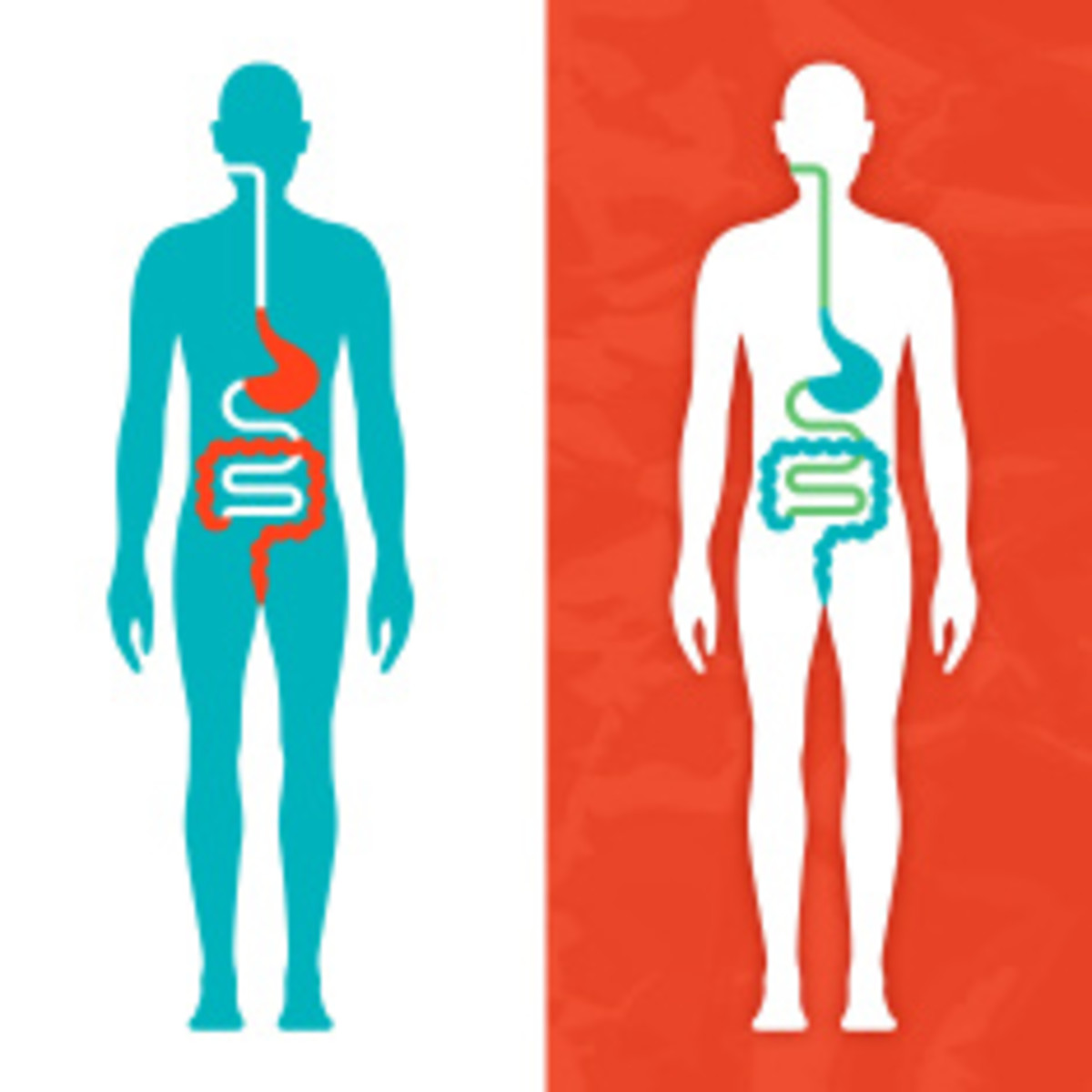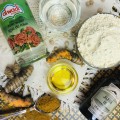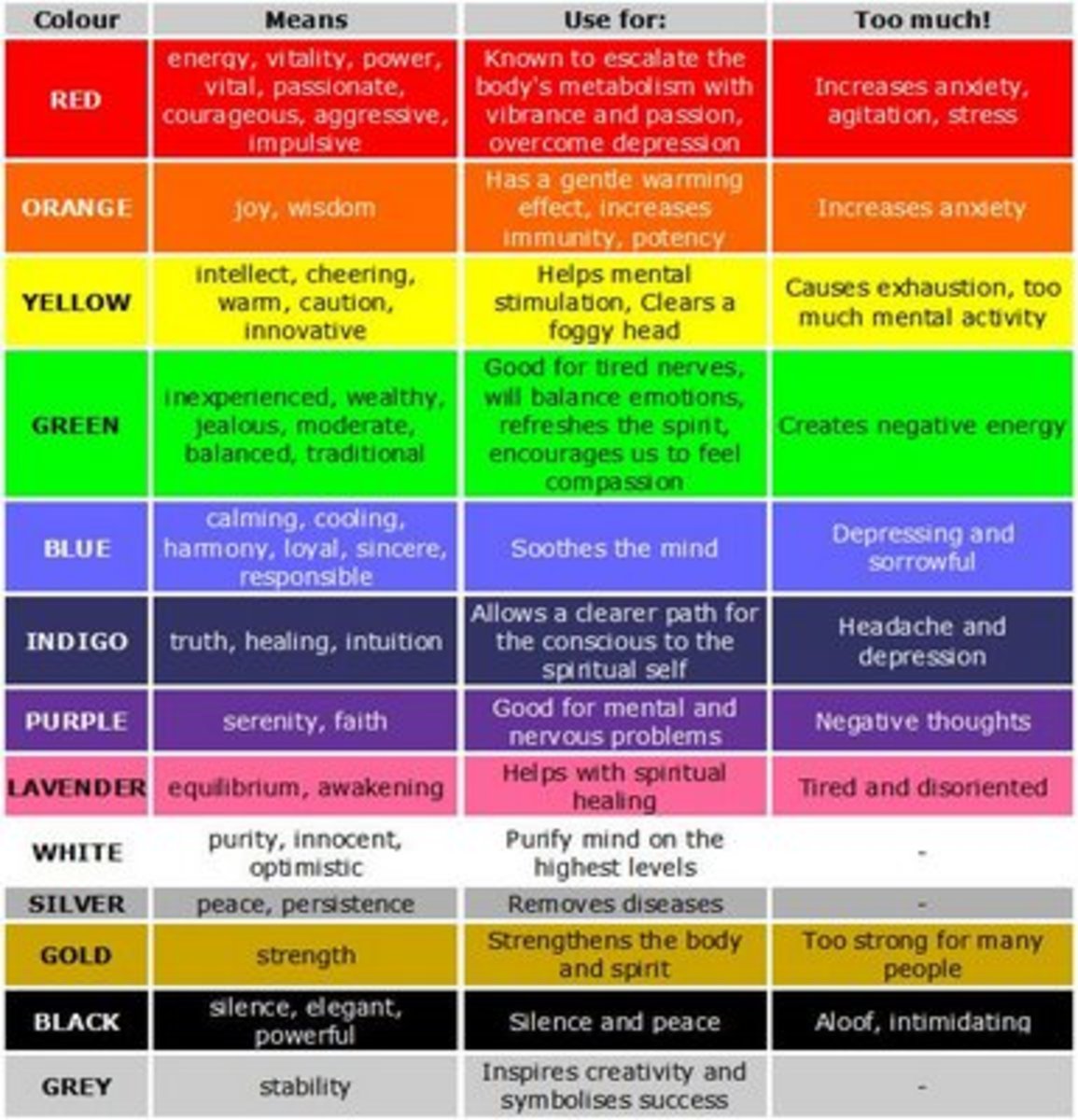Acne Rosacea – A Natural Approach
A Severe Case

Acne rosacea has some similarities to the more common teenage acne (acne vulgaris) but also some differences; there are symptoms present in rosacea which are not present in acne, and also it tends to be a different group of people who suffer from it.
Rosacea typically begins as redness on the central face across the cheeks, nose, or forehead, but can also less commonly affect other areas of the head. In some cases additional symptoms, such as semi-permanent redness, enlarged capillaries on the face, red domed bumps and spots similar to the more common acne, red gritty eyes, burning and stinging sensations, and in some advanced cases a reddened, lumpy nose , may develop.
The people who most often develop acne rosacea are rather older than those who develop acne, with the earliest onset being about age 30 and the oldest around 60. The earlier it starts, the worse it has the potential to get.
Although some environmental triggers (such as sunlight, alcoholic drinks and some spicy foods) can make rosacea worse if you already have it, there is no evidence that they actually cause the problem.
It appears that the main cause of rosacea is incomplete digestion of food, particularly protein foods. This is consistent with the typical age of onset and the ratio of male to female sufferers (women are about three times as likely to develop rosacea), because it is also the case that the digestion gets less efficient as one gets older, and also that women have more of a problem with this than men – particularly during and after menopause.
The most obvious digestive problem in middle-aged and elderly people is lessened production of stomach acid. Stomach acid has several functions, but the two relevant here are the fact that stomach acid at normal levels is quite strongly antiseptic (health stomach juices are around pH 1-2, considerably stronger than vinegar and strong enough to dissolve iron eventually) and that another function of the acid is to change the shape of proteins in food to make them easier for the rest of the digestive system to handle.
The upshot of this is that someone with lessened stomach acid will not completely digest food, and the undigested part of the food will pass through to the large intestine and act as nutrition for pathogenic bacteria there. Normal intestinal bacteria are beneficial – they keep fungi and pathogenic bacteria in check and also produce some needed nutrients – but if the balance of intestinal flora is disturbed, especially if they have plenty of food to work on, then some rather unpleasant toxins are produced and these are absorbed. For some unknown reason, the irritation caused by these toxins shows up most strongly in the facial skin.
The natural approach to acne rosacea, therefore, is to improve the digestion and rebalance intestinal flora. There are several ways this can be accomplished. One is to reduce consumption of difficult-to-digest protein foods. The main culprits here are red meat (particularly very well-done) and dairy protein, particularly cheese. Another is to reduce the difficulty of digesting food; the two things to do here are to eat little and often instead of concentrated into big meals, and the other potential help is the Hay system of eating. This basically consists of not eating starchy and protein foods in the same meal.
To help rebalance intestinal flora, it can help to consume the beneficial ones, now becoming increasingly familiar as probiotics. Live yogurt is one good source; another is various commercial supplements in capsule or liquid form. By the way, probiotics are rather sensitive to heat and acid, so if you are going to consume them it’s best to do so on an empty stomach with a cold drink.
Another approach, and one often used by natural practitioners, is to actually add acid to the stomach while eating. This replaces the acid not being naturally produced, and helps the digestion thereby. The most common supplement for this purpose is betaine hydrochloride (betaine HCl), which breaks down into hydrochloric acid (which is the same acid naturally produced) in the stomach.
There is a potential problem with this approach; sometimes high levels of acid can be harmful. This is especially the case in people who already have gastritis (inflamed stomach) and/or stomach ulcers. This leads to the usual advice; if you are considering this remedy or any other natural one for a medical problem, consult someone medically qualified first.
Sometimes, stomach acid is not the only digestive component in short supply. There are commercial supplements of digestive enzymes available, which work by replacing the enzymes your body is not making. The same caution applies here as to betaine HCl.








